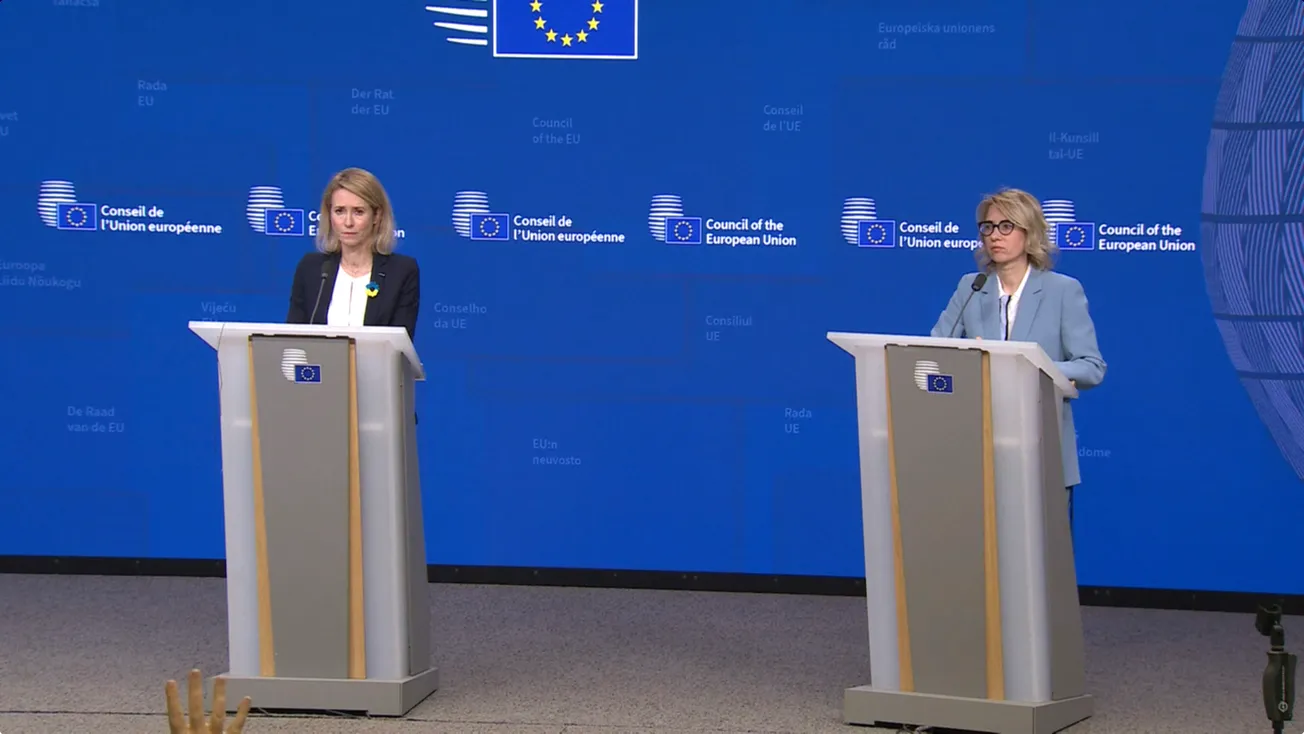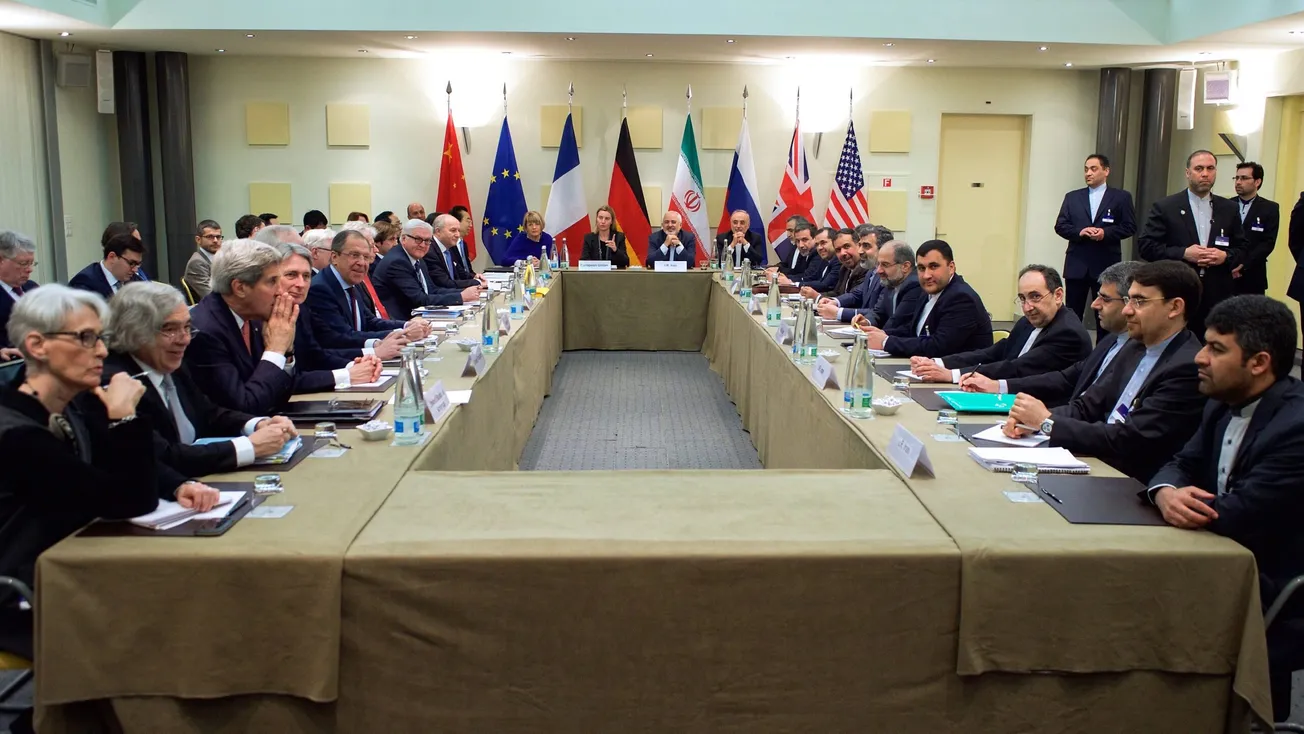The resolution which Russia introduces annually at the UN General Assembly opposing the glorification of Nazism has, for the past ten years, been opposed only by two nations—the U.S. and Israel—and supported by many others, while smaller numbers abstained. But this year, for the first time, the resolution was opposed by an unprecedented 52 nations.
Entitled “Combatting Glorification of Nazism, Neo-Nazism and Other Practices that Contribute to Fueling Contemporary Forms of Racism, Racial Discrimination, Xenophobia and Related Intolerance,” the resolution was opposed by the U.S., the U.K, Canada, EU member states, Georgia, Japan and the Baltic countries, and supported by Israel, India, China and Serbia, a majority of African and Latin American and Caribbean countries, among others. The Russian Federation’s representative described the vote as “shocking,” because for the first time in the history of the UN, “former Axis powers"—Germany, Italy, Austria, and also Spain—voted against a resolution condemning Nazism.
Discussion of the resolution at the UNGA’s Third Committee (Social, Humanitarian and Cultural) was heated. Western nations tried to amend the resolution’s paragraph 4, to turn it into a condemnation of Russia for its special military operation in Ukraine, which China’s representative denounced as an attempt to make the resolution country-specific, the UN’s ReliefWeb reported. China also rejected efforts to “distort the history of the Second World War.” The Ukrainian delegate charged that Russians were the real fascists, accusing them of carrying out atrocities and summary executions of civilians. “This is the fascism of today, the glorification of Nazism being executed by the Russian Federation,” he raved. The U.S. representative jumped in to claim the Russian resolution wasn’t a serious effort to condemn Nazism or anti-Semitism, but a “shameful ploy” to justify its war of aggression against Ukraine.




